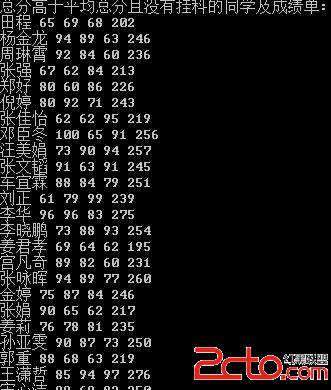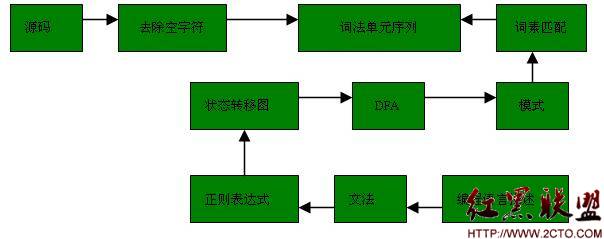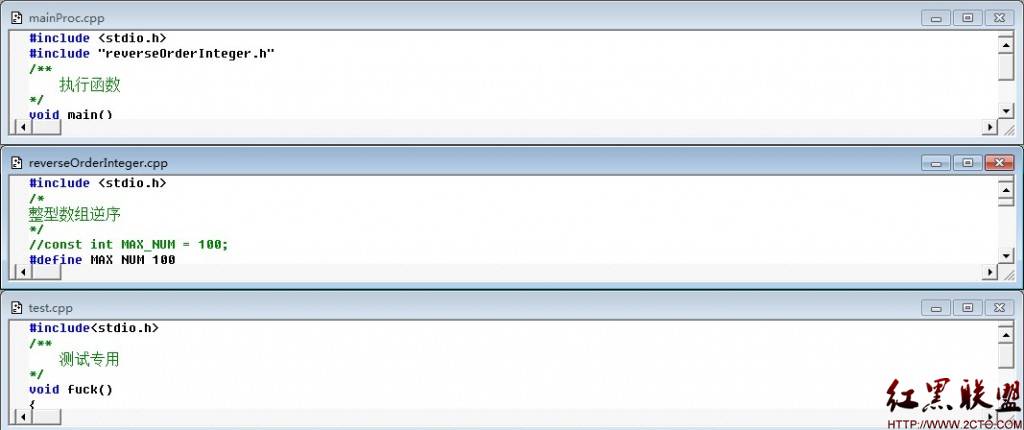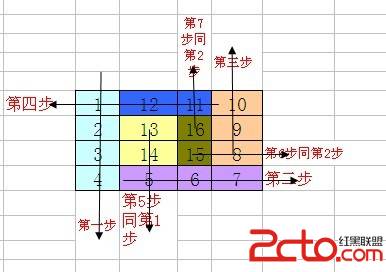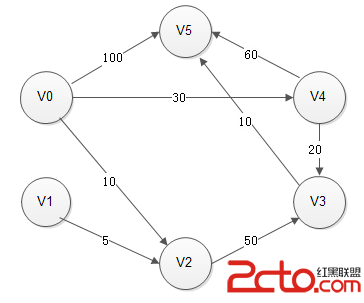C语言递归求阶乘求改错
#include "stdio.h"
int fun(int n)
{
int t=1;
if (n==1)
t=1;
else
t=n*fun(n-1);
return t;
}
main()
{
printf("the n! is %d:",fun);
}
不知道错在哪里了..麻烦大虾们帮帮忙追问:那如果我要在程序中自己输入一个数,然后得到结果应该怎么改呢?那如果我要在程序中自己输入一个数,然后得到结果应该怎么改呢?那如果我要在程序中自己输入一个数,然后得到结果应该怎么改呢?
答案:#include "stdio.h"
int fun(int n)
{
if (n==1)
return 1;
else
return n*fun(n-1);
}
main()
{
printf("the n! is %d: \n",fun(6));
}其他:zxsh@zxsh-laptop:~/code/tmp$ cat factory.c
#include "stdio.h"
int fun(int n)
{
int t=1;
if (n==1||n==0)//增加一个n==0的情况。因为阶乘定义规定0的阶乘为1
t=1;
else
t=n*fun(n-1);
return t;
}
int main()
{
printf("the n! is %d:\n",fun(5));//你调用函数的时候格式不对,而且也没传参数。
return 0;
}
zxsh@zxsh-laptop:~/code/tmp$ !g
gcc -g -Wall factory.c -o factory
zxsh@zxsh-laptop:~/code/tmp$ ./factory
the n! is 120:
zxsh@zxsh-laptop:~/code/tmp$
程序已调好,直接运行即可。 fun调用的时候要给出一个参数,int型的
printf("the n! is %d:",fun(5));比如这样 大哥,函数分有参和无参函数,你定义的这个函数唯有参函数,所以调用时,需要传递参数的
int fun(int n)
调用时如fun(9);等等的
希望可以帮助到你 #include "stdio.h"
int fun(int n)
{
return n <= 1 ? 1 : fun(n-1) * n;
}
int main()
{
printf("the n! is %d:",fun(10));
} 没错按道理来说是 不满足 条件 (n>1) 时才执行 return 1;
加上 else 程序看起来更清楚。
可是 因为 满足 条件 (n>1) 时执行的是
return (n*fun(n-1));
就已经退出函数了
所以 else 就可以省略了,只有 不满足 条件 (n>1) 时才会执行到 return 1;
上一个:c语言程序问题 输入5个学生 5 门课的成绩,分别用函数求三个结果。程序已附上,看看哪出错了?
下一个:请求各位C语言高手,C语言问题 :
